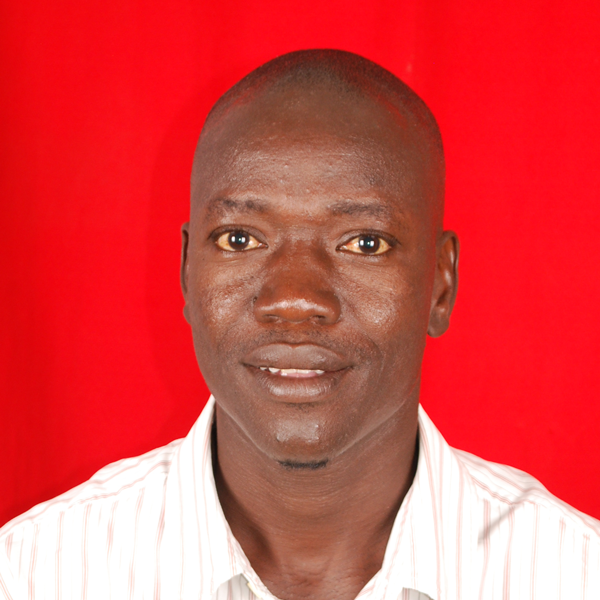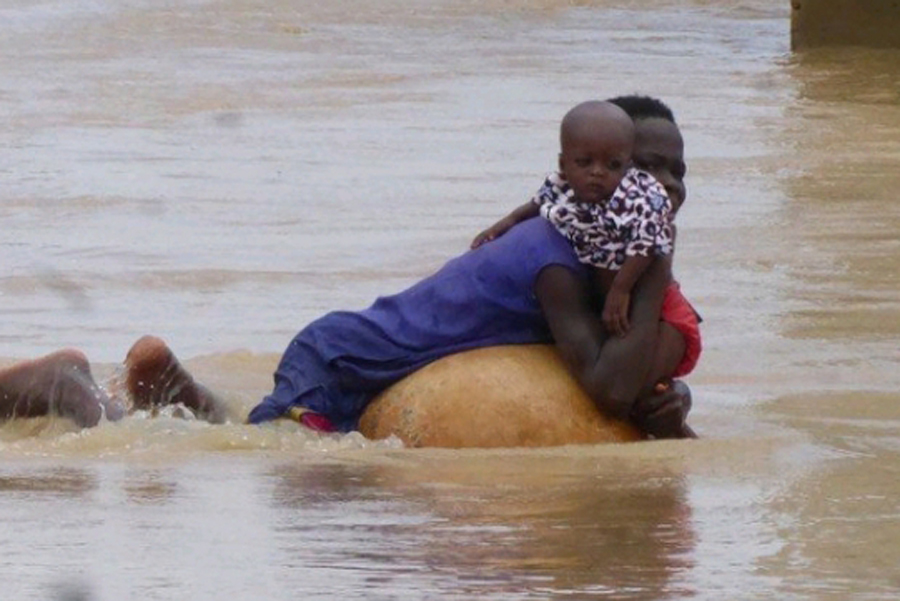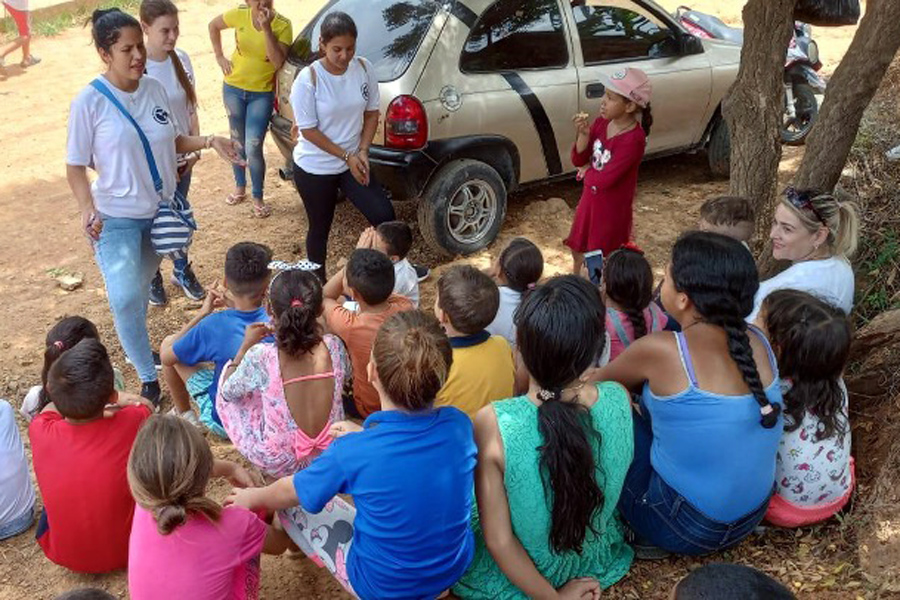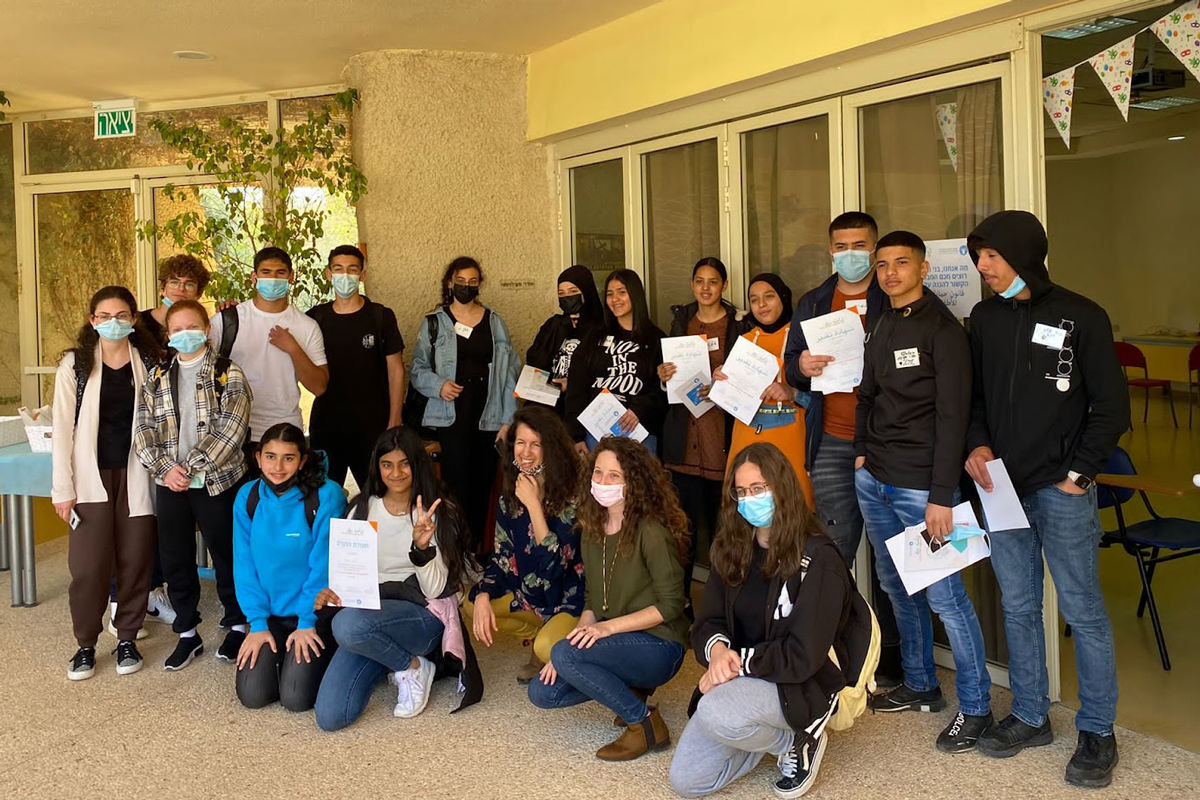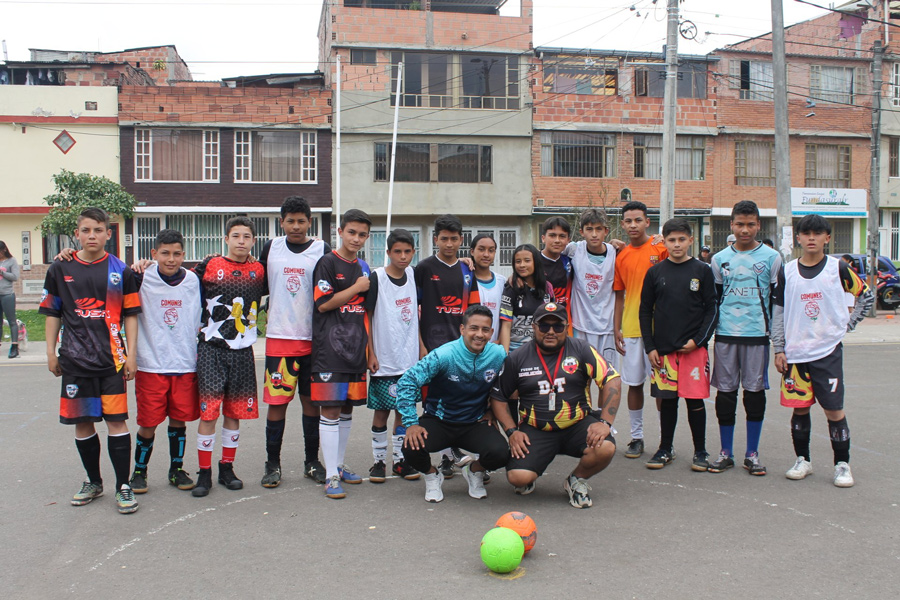We are delighted to announce the launch of YOLRED’s new apprentice program for Children Born of War (CBOW). In the Northern Ugandan context, CBOW refers to children who were born during captivity to combatants under the Lord’s Resistance Army. The war ended over a decade ago, but there are now approximately 6,000-8,000 CBOW living in Northern Uganda, many in Gulu district (where YOLRED is based). YOLRED have carried out extensive activities with the war-affected community, and we have found that what is most required for children born of war is economic empowerment and support. There are organisations conducting research projects and doing advocacy work, like ours, to try and reduce stigma against CBOW on a mass scale, but what is really lacking for CBOW is adequate livelihood opportunities. Even within organisations which try to tackle discrimination against CBOW there is a lack of job opportunities for them.
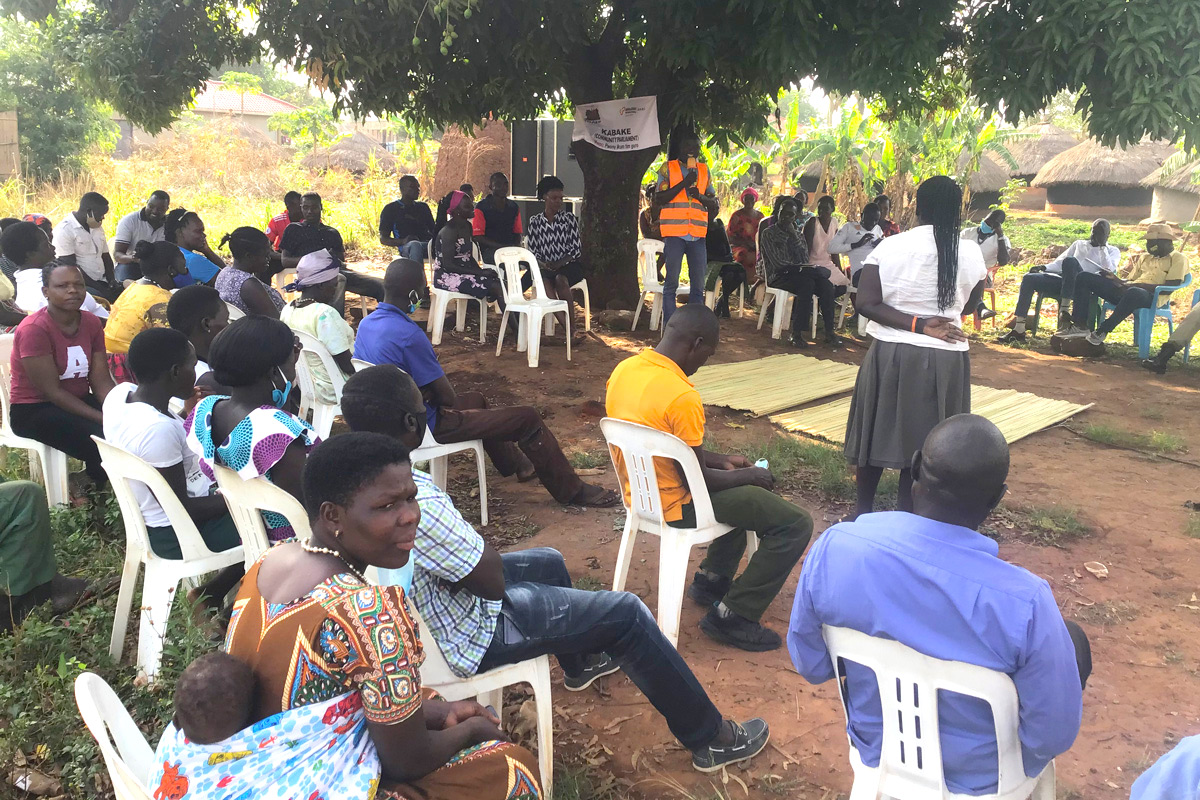
For this reason, YOLRED began thinking about a new initiative specifically designed to address this gap and to offer a form of economic empowerment which was not being attended to elsewhere, and thus in February 2022, we began this apprenticeship. YOLRED was provided with financial assistance to pilot the apprenticeship program for 6 months, to test the model and assess how it could work in practice. This donation funded the pilot program from February – July 2022; recognizing the importance of this apprenticeship and what it promotes, we have been awarded a grant from the CBOW project to fund this program for an additional year.
“The importance of this apprenticeship and what it promotes has been recognized by the CBOW Project; we are delighted to announce that we have been awarded a grant from them to continue this program for an additional year.”
This project was born out of an identified need amongst war-affected youth and is focused on children born of war (who are a category of marginalized youth in Northern Uganda), with greater attention paid to girls who face greater burdens. This program has been initiated to provide a career pathway for these marginalised young people as well as on-the-job training, and ultimately economic and social empowerment. Economic empowerment is the best way to support those most impacted by the conflict, and something we at YOLRED believe is essential to the continuation of a peaceful existence in the region.
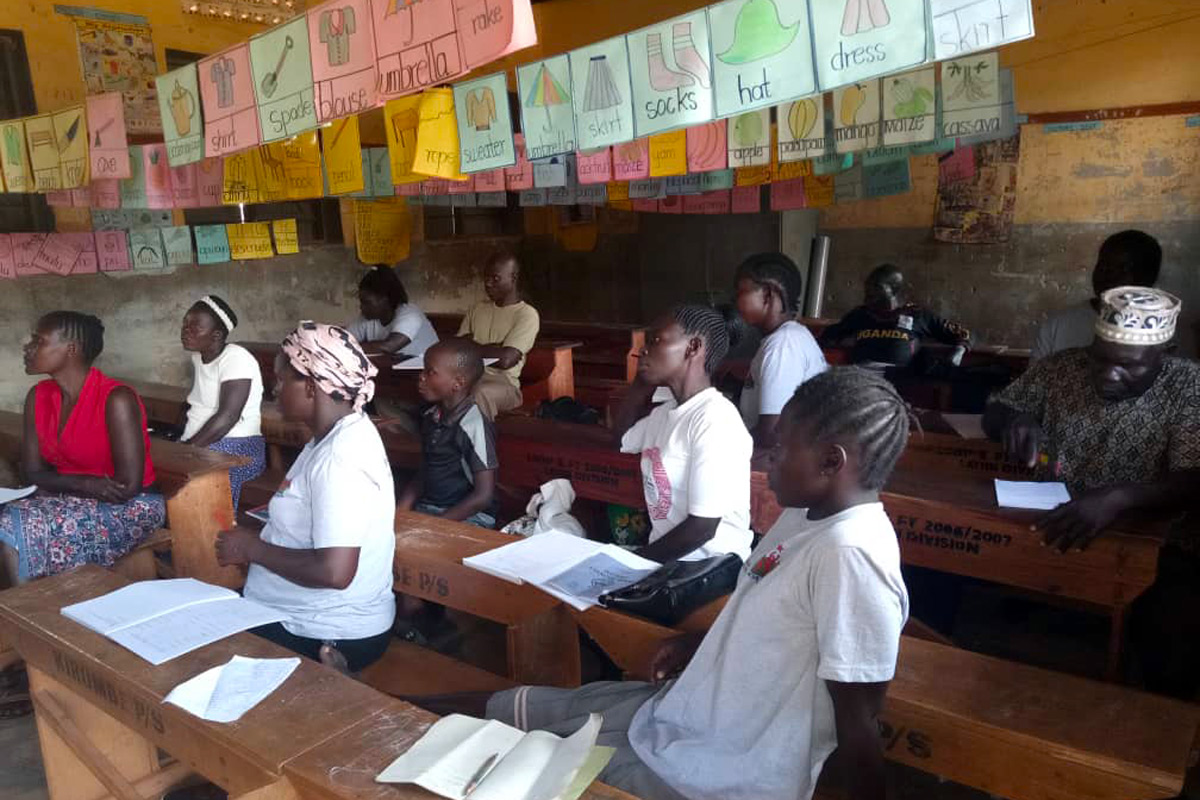
The current apprentice, who is a young woman, has been employed with YOLRED since February 2022; her parents are categorized as the formerly abducted, and she was born in captivity. Her parents managed to escape the conflict when she was a young girl, but nonetheless she found reintegration a challenge due to environment she returned to, which stigmatizes CBOW. Of this opportunity, she states the following:
“Being an apprentice at YOLRED is a tremendous and miraculous thing that has ever happened to me. It has empowered me to be able to support myself and my close associates. Many people think that children born of war cannot do anything productive in life as a result of the traumatic experiences we incurred. This job will allow me to prove them wrong because I am able to challenge their negative perceptions about children born in captivity and show the positive ways in which we can work and interact with others, reducing the level of stigma on me and other children born of war. With my experience as an apprentice in mind, I feel any apprenticeship opportunity will be a great help to my brothers and sisters who were also Born of War.”
Having run this program for six months we have recognized its extreme value and importance not just the individual apprentice but for the wider CBOW community in Northern Uganda. Positions like this help to combat stigma against CBOW, especially for girls and women, but can also encourage other organisations and companies to follow suit and offer similar programs.
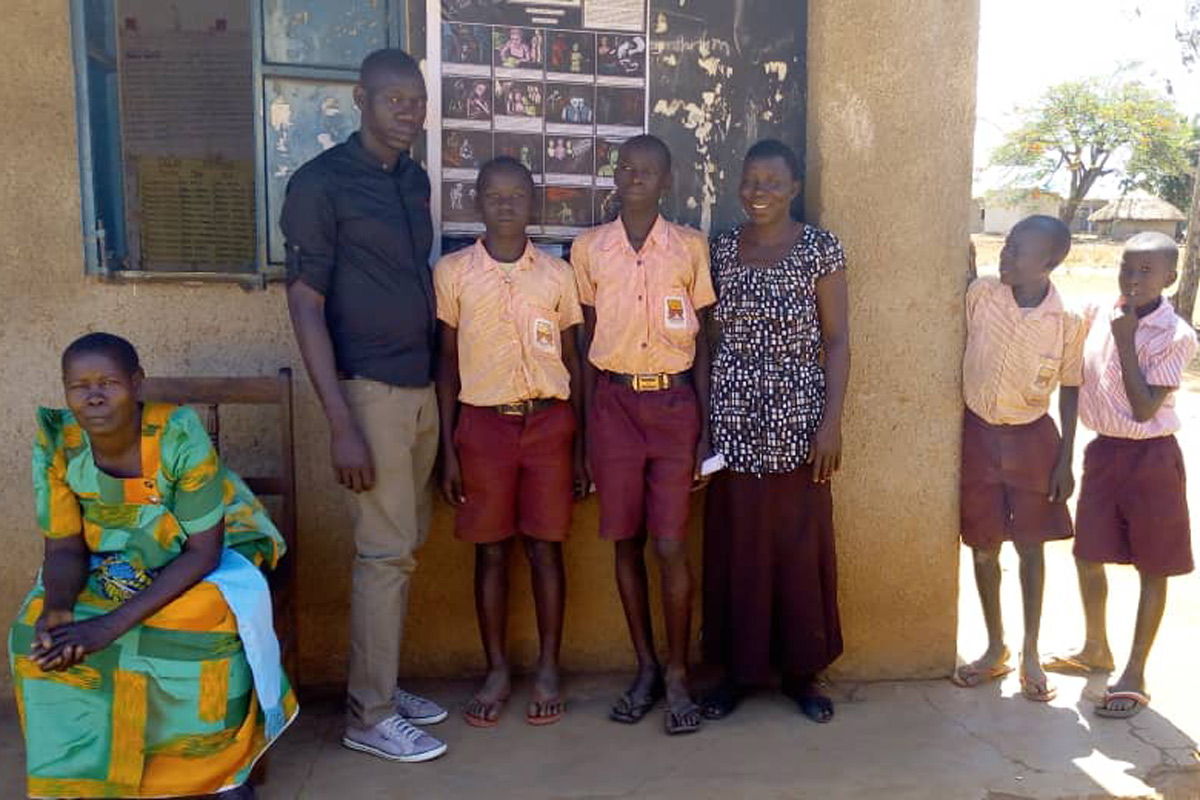
Extensive research has been done in Northern Uganda to assess the impact of the protracted conflict (which took place from 1987-2006) on children, including children abducted to serve in the Lord’s Resistance Army and children who were born in captivity. Many ex-child soldiers and CBOW who have returned still do not consider themselves free; they remain confined due to post-conflict struggles and excessive stigma and exclusion. As an organization which supports peace in the region, we are particularly focused on providing economic opportunities to those who face stigma or marginalization as a result of the conflict. There is also a lot of intergenerational trauma for children born in captivity who, if their background becomes known, are often labelled the dehumanising terms ‘rebel children’. These children experience a lot of social exclusion and bullying (which can lead to school-dropouts or desire to move to other cities), as they are often not accepted by extended family members and peers. Which is why this apprenticeship program is so valuable and important.
YOLRED adopt a ‘nothing about us without us’ policy and our initiatives are informed by local impact agendas. Our efforts are rooted in the region and led by Acholi people, rather than an approach which is imposed on us, and we centre survivors-needs in all of our programs.
